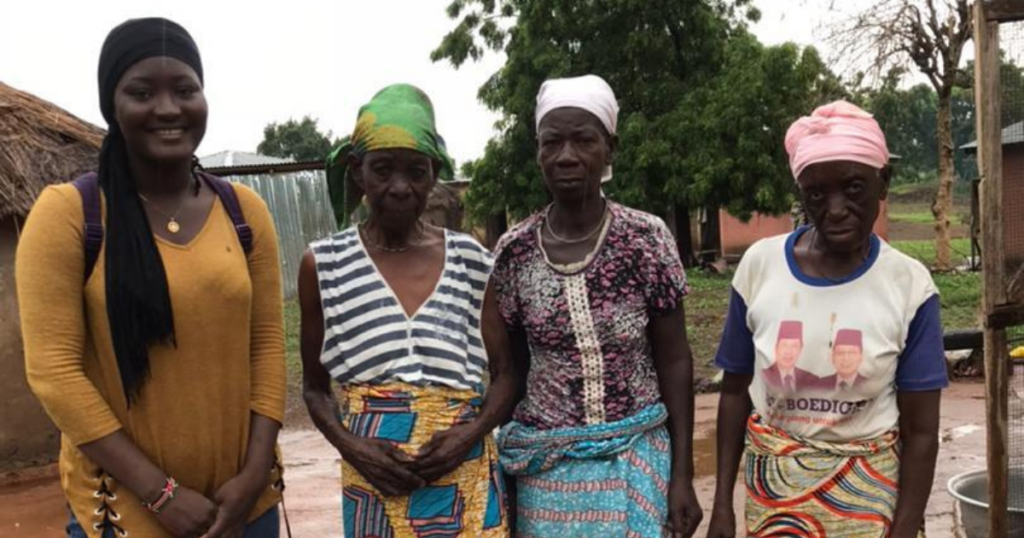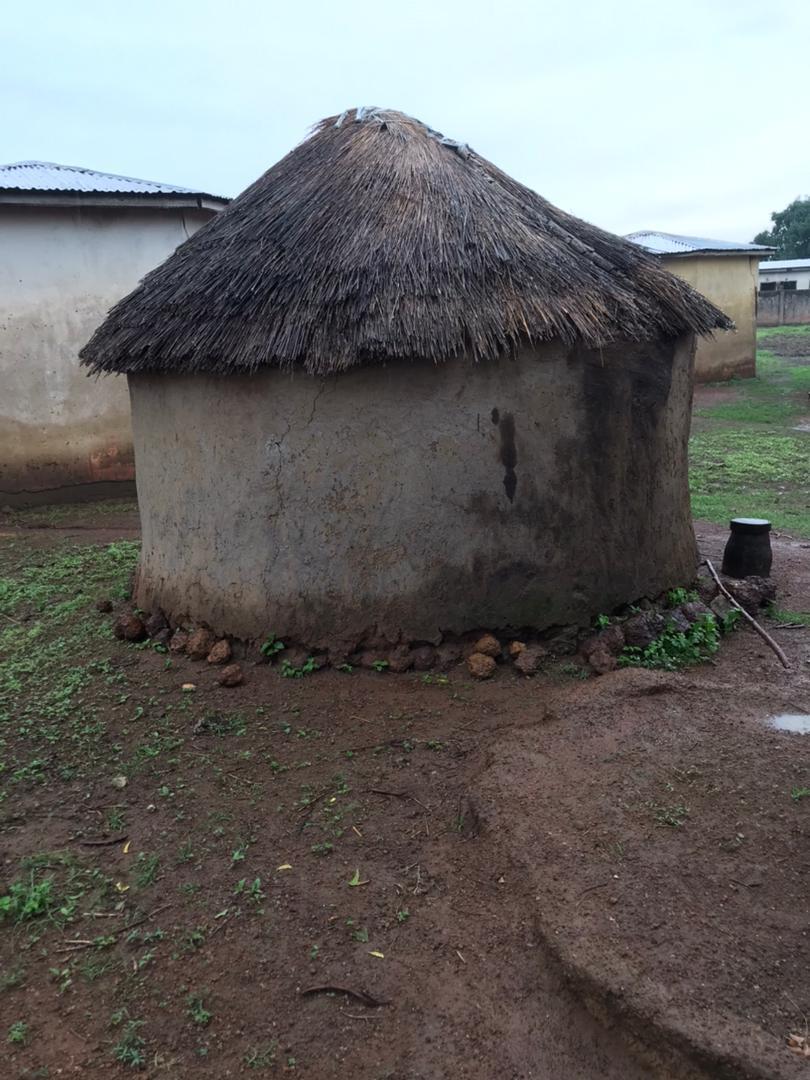
Life in Ghanaian Alleged Witch Camps Under COVID-19
By GO HumanityEarlier this month, student journalists from Ghana contacted us to provide an update on the increasingly dire conditions of the country’s camps for alleged witches. Our poverty-alleviation program Humanist Action: Ghana will soon be turning into an NGO working to impact the lives of these very people.
Coronavirus disease as a global pandemic struck Ghana on March 12, 2020. In the course of the outbreak of the disease, Ghana recorded a total of over 95,059 cases as at June 21, 2021. The death rate was over 794 deaths, representing close to 4% of the total affected persons. In the interim, the personal dynamism required to counter the forces of the extreme case of COVID-19 was far too great for human frame. As results, several aspects of human life were affected. These included social, economic, political and cultural life.

Tindan Zee Yili is an alleged witch camp situated in Kpatinga, a suburb of Gushegu district in the Northern Region of Ghana. A thorough investigation was conducted in Tindan Zee Yili to ascertain how they are faring amid the pandemic. Diverse opinions were sorted from different women in the camp to get their views on the pandemic and how it affected the different aspects of their livelihood. Multiple responses from different women conducted are listed below:
Mayama Neindow
I am 95 years old. The coronavirus pandemic has doubled our misery in this camp. Our survival here in the camp is dependent on donations from organizations and individuals, but because of the pandemic, the number of people who used to support the camp has drastically decreased. There are days when we don’t have enough food to eat, but this was not the case prior to the pandemic. Also, we used to be supported with transportation to hospitals in time of ill health or transport to market centre to purchase commodities. These favors are no longer at our disposal. These days when you sick, it is either you recover naturally by God’s grace or you die.
Meeli Abdullai
I am 56 years old. Life at the camp has become extremely difficult since the outbreak of the pandemic. We no longer interact with one another. Because we don’t know where the virus is, everyone now lives in their own little world. Despite the challenges we are facing as a result of the pandemic, the government has failed to provide assistance. We have not gotten any kind of response or assistance from the authorities to help us avoid contracting the ailment of the pandemic.
Hazara Alhassan
We are appealing to the general public and the government for food and clothing. As you can see, we don’t have any proper clothing; therefore we’re appealing to our friends to remember us. They’ve been wonderful to us over the years, and this is the time we really need their assistance.
In conclusion, life in the alleged witch camp has been hit by the COVID-19 pandemic and therefore the need for responsible stakeholders to intervene in supporting their livelihood.
Sulemana Hibbatullah Wumpini and Prince Barak are student journalists and activists for children’s and women’s rights.
Humanist Action: Ghana is working on a project that would directly impact these women, empowering youth in the communities that feed the alleged witch camps.
Photos: Sulemana Hibbatullah Wumpini and Prince Barak

